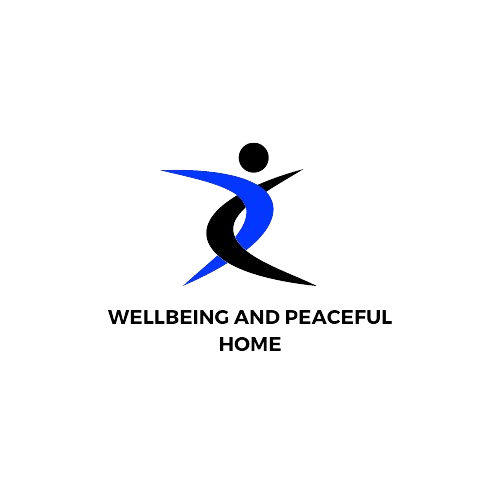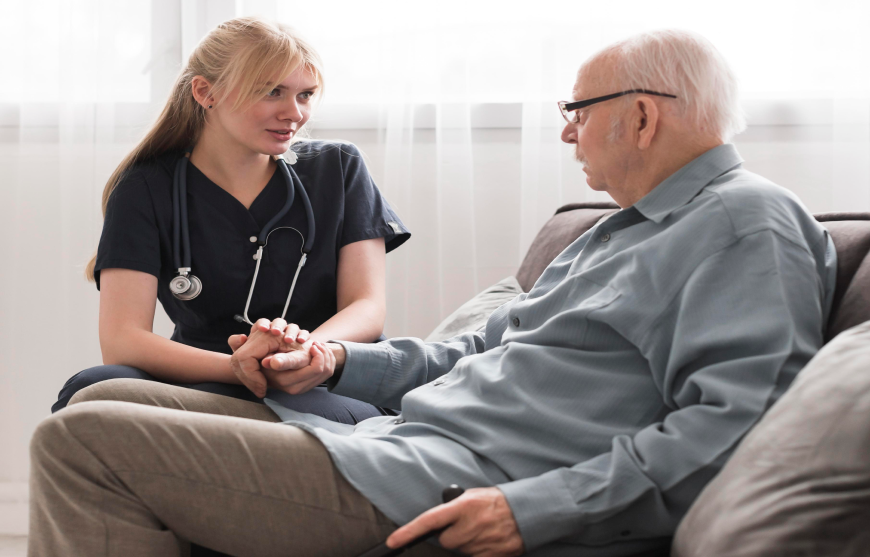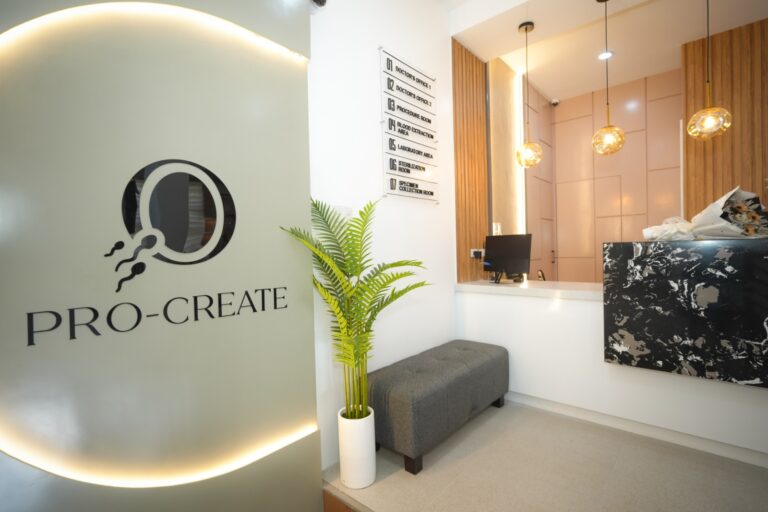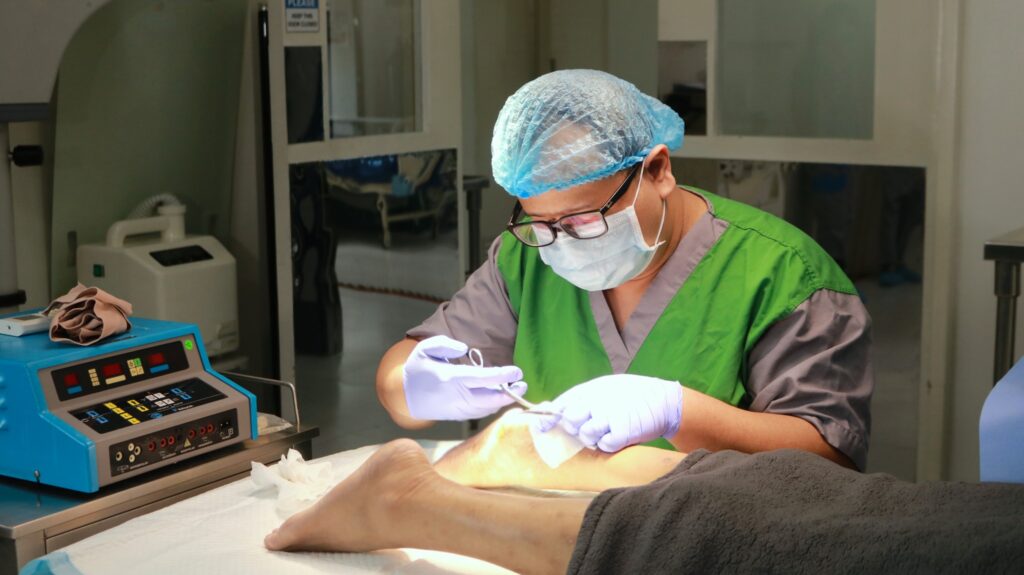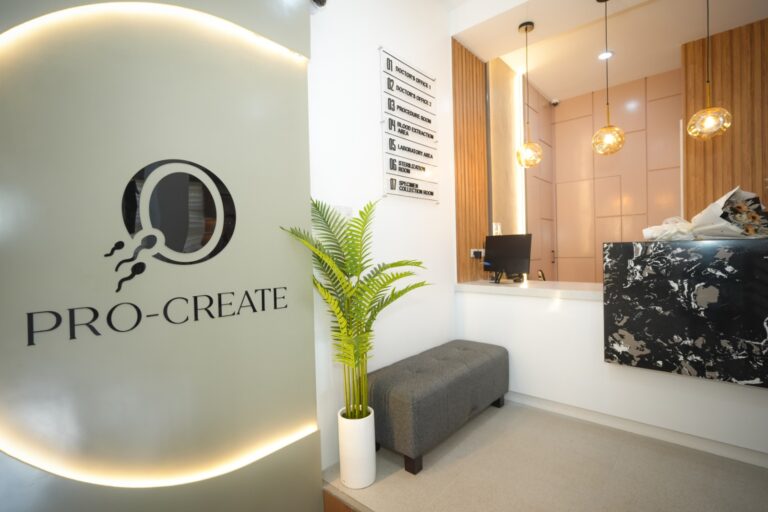Defining Acquired Brain Injury (ABI)
Acquired Brain Injury (ABI) refers to any damage to the brain that occurs after birth, distinguishing it from congenital or inherited brain conditions. ABI can be classified into two main categories: traumatic and non-traumatic. Traumatic brain injuries result from external forces such as accidents, falls, or assaults, whereas non-traumatic brain injuries occur due to internal factors like strokes, infections, or tumors. ABI can affect anyone, regardless of age, and the consequences can range from mild cognitive difficulties to severe physical and emotional impairments. In the UK, thousands of people are affected each year, highlighting the importance of awareness, early intervention, and support systems. Understanding the nature of ABI is essential for both patients and caregivers to navigate medical care and rehabilitation effectively. Awareness about the impact of ABI also helps reduce stigma and fosters a supportive environment for those affected.
Common Causes of Acquired Brain Injury
The causes of ABI vary widely, and knowing these causes can help prevent and manage the condition. Traumatic brain injuries often result from road traffic accidents, falls at home or work, sports injuries, or assaults. In younger individuals, sports-related concussions and vehicular accidents are more common, while falls are more prevalent among older adults. Non-traumatic causes include strokes, brain infections, tumors, lack of oxygen to the brain, and exposure to toxins or drugs. Medical conditions such as epilepsy and diabetes-related complications can also indirectly contribute to ABI. Understanding the origin of an acquired brain injury is critical for treatment planning, as the cause often determines the type of rehabilitation required. Families and caregivers benefit from knowing these causes, as it can guide preventive measures and improve long-term outcomes.
Symptoms and Early Warning Signs
Recognizing the symptoms of ABI early can make a significant difference in recovery outcomes. Physical symptoms often include headaches, dizziness, fatigue, seizures, or difficulty with balance and coordination. Cognitive symptoms can manifest as memory loss, reduced concentration, difficulty making decisions, or slower problem-solving abilities. Emotional and behavioral symptoms may include mood swings, depression, anxiety, irritability, or personality changes, which can impact social and family relationships. In many cases, ABI symptoms are subtle and may not appear immediately after the injury, requiring careful observation. Early identification allows healthcare providers to implement effective interventions, minimizing the risk of long-term complications. Families, educators, and employers need to be aware of these signs to provide timely support and accommodations.
Diagnosis and Medical Assessment in the UK
Accurate diagnosis is the first step toward effective treatment and rehabilitation for acquired brain injury in the UK. Medical professionals typically use diagnostic imaging such as CT scans or MRI to identify the extent and location of brain damage. Neuropsychological assessments evaluate cognitive, emotional, and behavioral changes, providing a comprehensive understanding of the injury’s impact. Specialists involved in diagnosis often include neurologists, neuropsychologists, and rehabilitation experts. Access to diagnostic services is available through the NHS, though private healthcare providers can offer faster assessments for those who prefer quicker intervention. The diagnostic process helps create personalized care plans that target each individual’s specific needs, improving recovery outcomes. Early and thorough assessment also allows families to plan for long-term support, including educational, vocational, and emotional interventions.
Rehabilitation and Care Options
Rehabilitation plays a crucial role in maximizing recovery and quality of life for individuals with Acquired Brain Injury (ABI). Programs can be inpatient or outpatient, depending on the severity of the injury and the needs of the patient. Physical therapy helps regain strength, coordination, and mobility, while occupational therapy focuses on improving daily living skills and independence. Speech and language therapy assists those with communication challenges, while cognitive rehabilitation addresses memory, attention, and problem-solving skills. Emotional and behavioral support is equally important, helping patients manage mood changes, anxiety, and depression. Personalized care plans ensure that each individual receives targeted interventions tailored to their unique condition. In the UK, rehabilitation services may be accessed through NHS programs, private clinics, or charitable organizations, offering a range of options for patients and families.
Living with Acquired Brain Injury in the UK
Living with ABI presents ongoing challenges that require adaptation and support. Adjustments to home environments, such as installing safety aids and modifying living spaces, can enhance independence and safety. Community support services and specialized charities provide opportunities for social interaction, skill development, and emotional support. Vocational and educational support can help individuals re-enter work or continue studies, promoting a sense of purpose and self-esteem. Families and caregivers play a critical role in providing daily support and encouragement, helping patients manage challenges and celebrate achievements. Access to resources, peer networks, and local support groups can alleviate feelings of isolation and stress. Developing coping strategies and maintaining a routine also contribute significantly to long-term well-being and recovery.
Legal Rights and Support in the UK
Individuals living with ABI have legal rights that ensure access to necessary care and financial assistance. Disability benefits, social care funding, and specialized programs are available to support those affected and their families. The UK Equality Act provides protections against discrimination in employment, education, and access to services. Advocacy groups and organizations offer guidance on navigating legal and healthcare systems, helping patients and caregivers understand their entitlements. Families may also access respite care services, counseling, and support networks to manage the challenges of caregiving. Understanding these rights empowers individuals and families to make informed decisions about treatment and support. Legal guidance ensures that patients receive the resources they need for effective rehabilitation and quality of life.
Preventive Measures and Awareness
Preventing acquired brain injury is an important focus for public health initiatives across the UK. Safety measures such as wearing helmets during sports, using seat belts in vehicles, and implementing fall-prevention strategies at home can significantly reduce the risk of traumatic brain injuries. Raising awareness about stroke symptoms, infection risks, and occupational hazards helps prevent non-traumatic ABI. Public campaigns by the NHS, charities, and local councils aim to educate the public about early detection and emergency response. Lifestyle choices, including regular exercise, a balanced diet, and avoidance of excessive alcohol or drug use, can further lower the risk. Awareness initiatives also promote understanding and empathy for individuals living with ABI, reducing stigma and fostering community support. Proactive education empowers families and communities to take preventive actions and support affected individuals effectively.
Frequently Asked Questions (FAQ)
What is the difference between ABI and concussion?
ABI is a broad term that includes all brain injuries acquired after birth, while concussion specifically refers to a mild traumatic brain injury caused by a blow or jolt to the head.
Can ABI symptoms appear years after the injury?
Yes, some symptoms, particularly cognitive or emotional changes, can appear long after the initial injury, making long-term monitoring important.
How long does recovery from ABI typically take?
Recovery timelines vary greatly depending on the severity of the injury, access to rehabilitation, and individual health factors. Some patients see improvement within months, while others may require ongoing support for years.
Are there specialized ABI rehabilitation centers in the UK?
Yes, both NHS facilities and private clinics provide specialized rehabilitation programs tailored to individuals with acquired brain injury.
What support is available for families and caregivers?
Families can access respite care, counseling, local support groups, and resources through NHS programs and charitable organizations focused on brain injury support.
